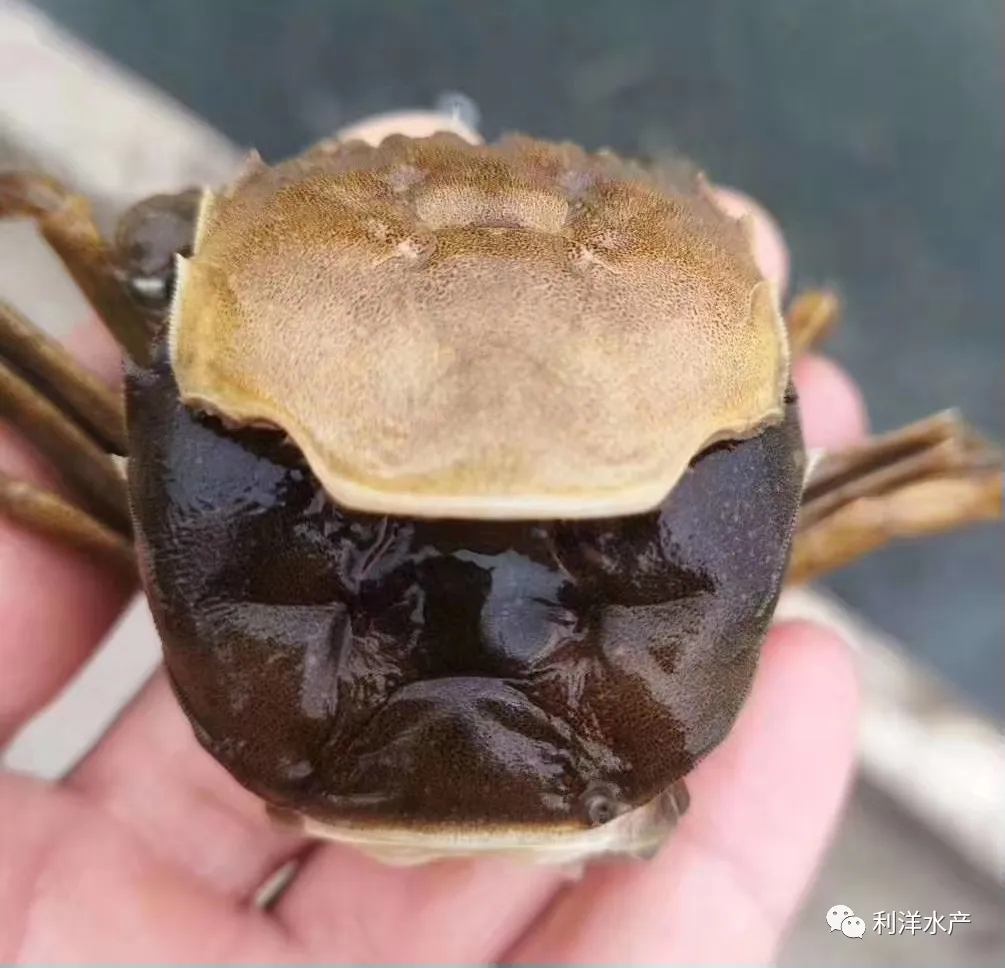Most of the time, we use organic acids as detoxification and antibacterial products, ignoring other values it brings in aquaculture.
In aquaculture, organic acids can not only inhibit bacteria and alleviate the toxicity of heavy metals (Pb, CD), but also reduce the pollution of the aquaculture environment, promote digestion, enhance resistance and anti stress, promote food intake, improve digestion and weight gain. Help achieve healthy aquaculture and sustainability.
1. Sterilization and bacteriostasis
Organic acids achieve the purpose of bacteriostasis by dissociating acid radical ions and hydrogen ions, entering the bacterial cell membrane to reduce the pH in the cell, destroying the bacterial cell membrane, interfering with the synthesis of bacterial enzymes, and affecting the replication of bacterial DNA.
Most pathogenic bacteria are suitable for reproduction in neutral or alkaline pH environment, while beneficial bacteria are suitable for survival in acidic environment. Organic acids promote the proliferation of beneficial bacteria and inhibit the growth of harmful bacteria by reducing pH value. The more beneficial bacteria, the less nutrients harmful bacteria can obtain, forming a virtuous cycle, so as to achieve the purpose of reducing aquatic animal bacterial infection and promoting growth.
2. Promote aquatic animal feeding and digestion
In aquaculture, slow feeding, feeding and weight gain of animals are common problems. Organic acids can enhance the activity of pepsin and trypsin, strengthen the metabolic activity, increase the digestion efficiency of aquatic animals to feed and promote growth by improving the acidity of feed.
3. Improve the anti stress ability of aquatic animals
Aquatic animals are vulnerable to various stresses such as weather and water environment. When stimulated by stress, aquatic animals will alleviate the damage caused by stimulation through neuroendocrine mechanism. Animals in a state of stress will have no weight gain, slow weight gain, or even negative growth.
Organic acids can participate in the tricarboxylic acid cycle and the generation and transformation of ATP, and accelerate the metabolism of aquatic animals; It also participates in the conversion of amino acids. Under the stimulation of stressors, the body can synthesize ATP to produce anti stress effect.
Among organic acids, formic acids have the strongest bactericidal and bacteriostatic effect. Calcium formate and potassium diformate, as treated organic acid preparations, have more stable performance in use than the irritation of liquid organic acids.
As an organic acid preparation, potassium dicarboxylate contains dicarboxylic acid, which has obvious antibacterial effect and can quickly adjust the pH value of water; At the same time, potassium ion is supplemented to improve the anti stress and growth promoting ability and breeding efficiency of aquatic animals. Calcium formate can not only kill bacteria, protect intestines and resist stress, but also supplement small molecular organic calcium sources needed by aquatic animals for growth.
Post time: Jul-13-2022




